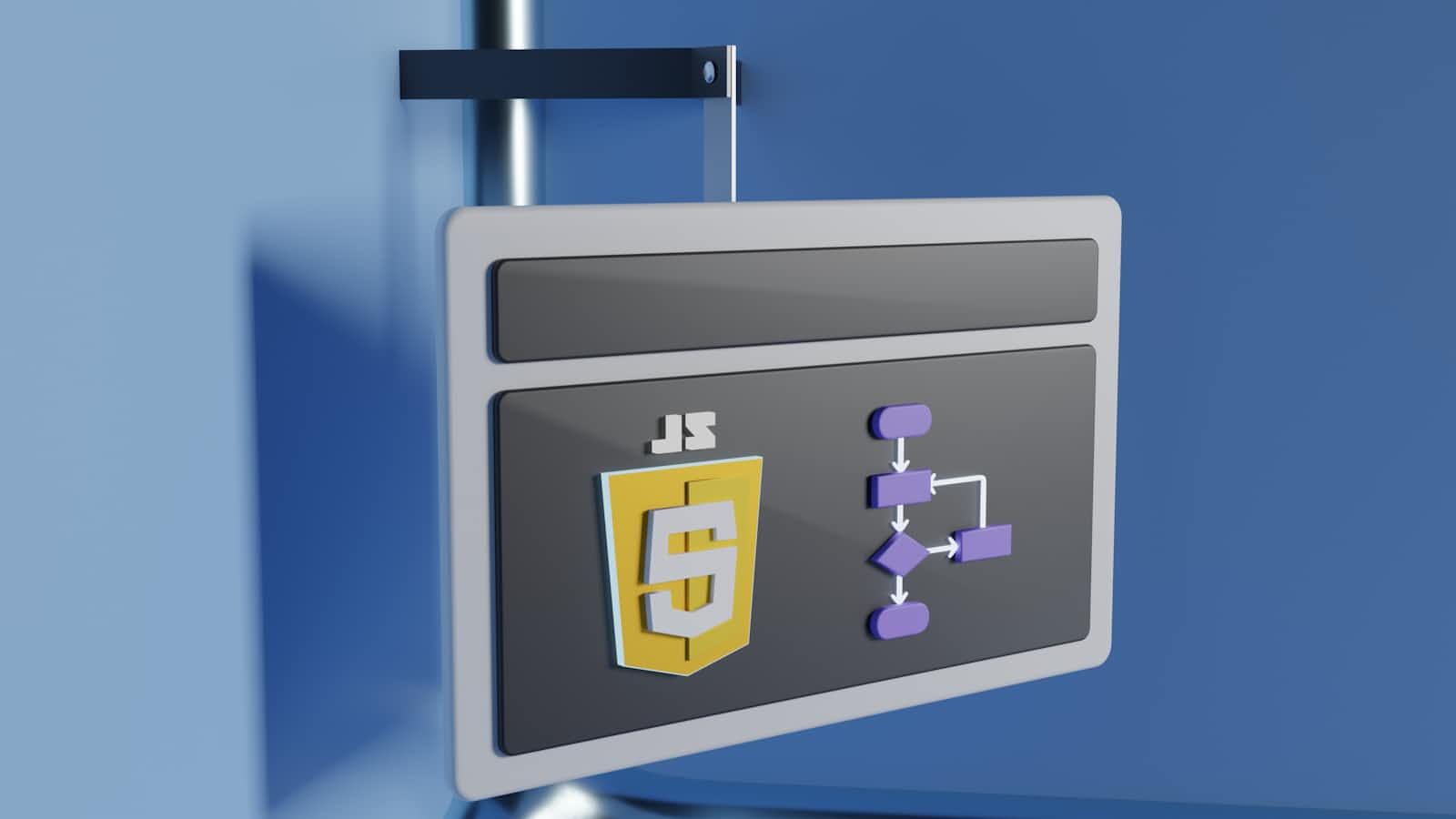Java vs JavaScript: What You Need to Know.
 Anubhav Kumar Gupta
Anubhav Kumar Gupta
While often confused due to their similar names, Java and JavaScript are distinct programming languages with different purposes and characteristics.
Java: The Versatile Workhorse
Object-oriented programming language:
- Java is built around the concept of objects, making it suitable for large-scale, complex applications.
Compiled language:
- Java code is translated into bytecode by a compiler before execution, ensuring efficiency and platform independence.
Strong typing:
- Variables must be declared with specific data types, enhancing code reliability and maintainability.
Application development:
- Java is used to create standalone applications, web applications (using frameworks like Spring), enterprise software, Android apps, and more.
Examples: Eclipse, IntelliJ IDEA, NetBeans are popular IDEs for Java development.
JavaScript: The Web's Dynamic Duo
Scripting language:
- JavaScript is primarily used to create interactive web pages, but its capabilities have expanded beyond the browser.
Interpreted language:
- JavaScript code is executed directly by the browser without a compilation step, making it suitable for rapid development.
Loose typing:
- Variables don't require explicit data types, offering flexibility but potentially reducing code safety.
Web development:
- JavaScript is essential for creating dynamic user interfaces, handling user interactions, and building web applications (using frameworks like React, Angular, Vue).
Examples: Node.js allows JavaScript to run on servers, expanding its use cases.
Key Differences Summarized
| Feature | Java | JavaScript |
| Type of language | Compiled | Interpreted |
| Typing | Strong | Loose |
| Primary use | Application development | Web development |
| Execution environment | JVM (Java Virtual Machine) or browser | Browser or Node.js |
| Syntax | Curly braces, semicolons | Curly braces, optional semicolons |
When to Use Which
Choose Java for:
Large-scale enterprise applications
Android app development
High-performance computing
Situations demanding strong type safety and performance
Choose JavaScript for:
Creating interactive web pages
Building web applications (front-end and back-end)
Rapid prototyping
Projects requiring flexibility and quick development
In conclusion, while Java and JavaScript share some similarities, they serve distinct purposes in the programming world. Understanding their key differences is crucial for selecting the right tool for your project.
Subscribe to my newsletter
Read articles from Anubhav Kumar Gupta directly inside your inbox. Subscribe to the newsletter, and don't miss out.
Written by

Anubhav Kumar Gupta
Anubhav Kumar Gupta
I'm Anubhav Kumar Gupta, a passionate Data Engineer at Infometry Inc. with expertise in Python, SQL, and Data Engineering. I love solving complex problems, optimizing data pipelines, and integrating back-end technologies.